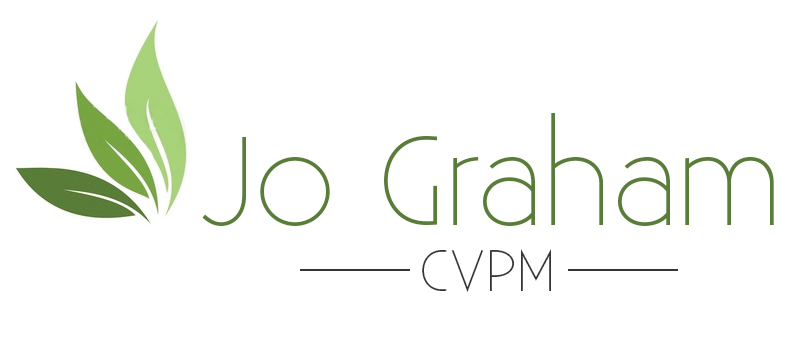Take Back Your Personal Power With One Simple Word
Boundaries are an essential part of any practice manager’s self-care toolkit. Without boundaries we are opening ourselves up to those things that drain our time and energy, and becoming distracted. Sometimes we feel we’re being pushy by saying no, yet saying yes too often can cause us to feel resentful, used and send us on the path towards burnout.
The Line In The Sand
Most of the time, when we say yes to something, it takes us away from something else. Perhaps you missed date night twice in a row because you had to cover an extra shift. Or, while you were on vacation, you spent two hours a day following up on work email instead of enjoying time off with loved ones. Believe me, we’ve all done it, but maybe it’s time to ask ourselves: is what I am saying yes to important to me? Is it more important than what I will sacrifice?
Take a moment to think about the important areas in your life – family, friends, clubs/associations, career, health, faith/spirituality – and consider what aspects of those areas you are most passionate about. Write a list and keep this in your wallet or purse. Next time you are faced with a person or project that is demanding of your time and energy, and you feel the inevitable “ok, sure” even though your body is screaming “NO!”, reflect on these areas of your life and ask yourself: will it bring me closer to the things that are important to me, or will it take me away from the things that matter most?
Just Say No
Saying “no” as a manager isn’t always easy. We’re expected to be available at all times for our practice owners, staff and clients. It can be hard to balance being assertive with coming across as aggressive. However, there are ways to say “no” in a clear, calm and effective way.
- Understand what is being asked of you. Get all of the information. What are the expectations? Is there a reasonable deadline that you can stick to? What is the time commitment? Ask the person making the request these questions and let them know you’re interested, but you need more information before you make your final decision.
- Keep a schedule. By having a written record of your commitments and scheduling them ahead of time, you can determine if you can take on additional requests or not. If you have a prior commitment, say you’re unavailable and seek an alternative day/time.
- Prioritize your day. Susie wants to talk to you about an issue she’s having with a coworker. It’s Monday, you just walked through the door, and payroll is due. Susie’s concern is important, but you need to complete payroll. Let Susie know that you appreciate her coming to you with her concern, that’s its important that the two of you discuss it and that you’d love to schedule some time with her later that day. By doing this you can a) avoid the stress of the impending payroll deadline getting ever closer and b) give Susie your time and attention without distraction.
- Offer an alternative. If a vendor rep calls because they’re in the area and want to stop by on a day, ask if they can schedule an appointment with you for a different day.
- Know your limits. “I’d love to be a part of that committee, Erin, but I can’t commit to the weekly meetings. However, these are the ways I’d love to stay involved.”
- If a client is being rude or disrespectful, politely end the conversation. “I’m so sorry we don’t seem to be reaching a agreeable resolution, Mr. Smith. I am afraid I have to end the conversation here. “
- If you struggle to say no, practice saying “let me get back to you on that”. Give yourself time to review your schedule, and evaluate your priorities and existing commitments.
- Don’t make excuses and don’t apologize. Your time is important and by setting this boundaries, you are creating time for the things that are important for your wellbeing. It will ultimately make you better at your work even though it seems uncomfortable now. Say no using one of the suggestions above and leave it at that. You’re not available or you can’t – no apology or further explanation needed.
Being assertive is a skill that needs to be developed. Sure there are those that seem to manage it effortlessly but, for most of us, we have to practice. Try it out a couple of times this week and share with us how it makes you feel. Share your new goals with your coworkers, friends and family and let them know you’re working on preserving your wellbeing by changing a few things. You have the power to decide what is acceptable and what is not acceptable to you. Boundaries are not a closed gate that separates us from them, rather doing so makes us more available to the things that we value in our work and in our life.
What successes or not-so-successes have you had with establishing boundaries? I would love to hear from you! Leave your comments below.
Be well,
Jo.
Sources:

